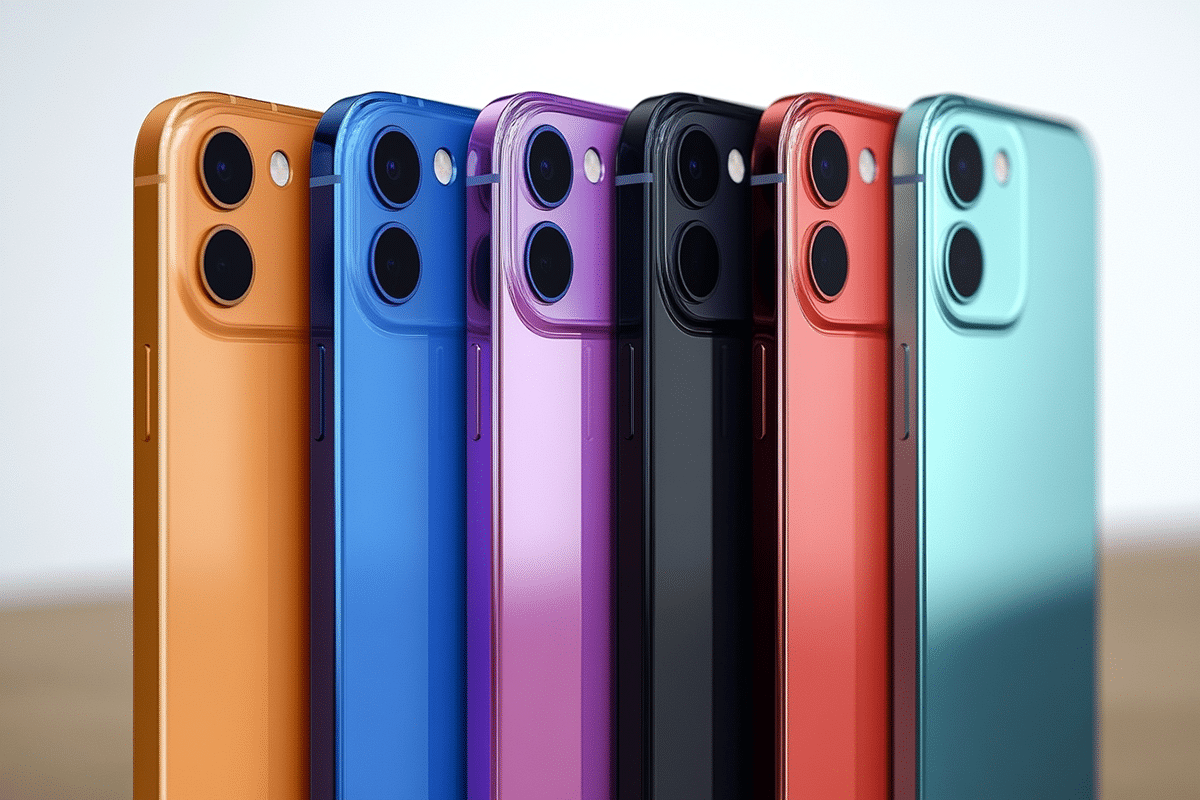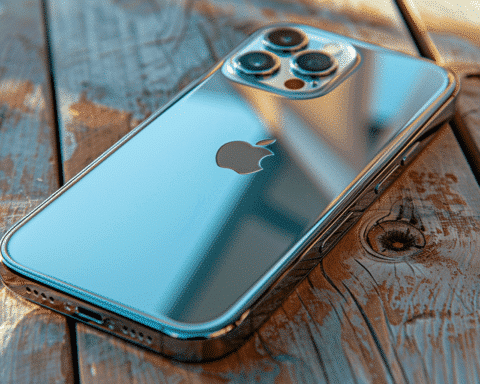Apple’s latest iPhone release is more than just a new device; it’s a strategic move to counter a recent sales slump. CEO Tim Cook highlighted Apple Intelligence, the company’s innovative AI tools, as a key feature of the iPhone 16. The early sales data offers promising signs that Apple’s focus on AI may be a winning strategy, with a modest sales increase in the third quarter and predictions for even stronger performance in the holiday season.
Apple reported iPhone sales of $46.2 billion for the quarter ending in September, marking a 5.5% increase from the same period last year. This revenue beat analysts’ expectations and shows that early demand for the iPhone 16, which became available for preorder in mid-September, could help Apple recover from a prolonged sales slump. Notably, these figures only include just over two weeks of iPhone 16 sales, making them a valuable preview of consumer interest in Apple’s newest release.
The iPhone 16 launch represents Apple’s attempt to spark a new “supercycle” of upgrades. Apple has faced challenges in recent years, with consecutive quarters of declining revenue partly due to weaker iPhone demand and broader economic uncertainties. To tackle this, Apple Intelligence introduces a suite of AI-driven enhancements, integrating artificial intelligence into various features throughout the device. This software update, available with iOS 18.1, has seen rapid adoption among users, hinting at strong interest in these new capabilities.
The company’s recent earnings report shows that overall revenue increased by 6% year-over-year, reaching $94.9 billion. This uptick in revenue aligns with the modest increase in iPhone sales compared to the previous year, where Apple saw a 2.8% increase after the iPhone 15 launch. The overall revenue bump underscores the positive influence of iPhone 16 sales on Apple’s financial health. However, despite the revenue growth, the company saw a 35% drop in profits compared to the same quarter last year, which may prompt further scrutiny from investors.
Apple Intelligence’s initial features rolled out to iPhone 16 and iPhone 15 Pro models, including new writing tools and functionalities such as call recording, transcription, and summary capabilities. Consumers who purchased iPhone 16 in the first month only recently gained access to these AI features, which were initially unavailable at the device’s launch. More capabilities are expected to be introduced with iOS 18.2, set for release in December. This phased approach to rolling out Apple Intelligence may have tempered the urgency for early upgrades, but analysts believe it could still fuel long-term interest.
China, one of Apple’s most important markets, has been a focal point for the iPhone 16’s performance. Although Apple reduced prices in China earlier this year to remain competitive against local smartphone manufacturers, sales in the region remained relatively flat at $15 billion. This figure fell short of analysts’ expectations, which had forecasted $16.1 billion in revenue for the quarter. Despite these challenges, analysts remain optimistic that the iPhone 16 could eventually help Apple regain traction in China, especially as Apple Intelligence gains more traction globally.
The iPhone 16 launch comes at a crucial time, as Apple heads into the holiday quarter, traditionally its strongest sales period. This quarter’s performance will be critical in determining whether Apple can fully rebound from its recent struggles. With approximately 300 million iPhone users worldwide who haven’t upgraded in more than four years, there is a significant market of potential buyers. Analysts suggest that this widespread demand could contribute to a highly successful holiday season for Apple.
Despite the excitement surrounding Apple Intelligence, some experts caution that the staggered release of AI features could affect the immediate sales boost that Apple seeks. Still, a combination of robust services revenue growth and strong early demand for the iPhone 16 could position the company well for the remainder of the year.
Apple’s AI-driven iPhone 16 has generated positive initial sales figures, signaling that Apple Intelligence might indeed play a pivotal role in revitalizing iPhone sales. As Apple expands these AI capabilities and focuses on key markets like China, the iPhone 16’s performance over the holiday season will reveal whether this strategy is enough to solidify Apple’s place at the forefront of consumer technology.





